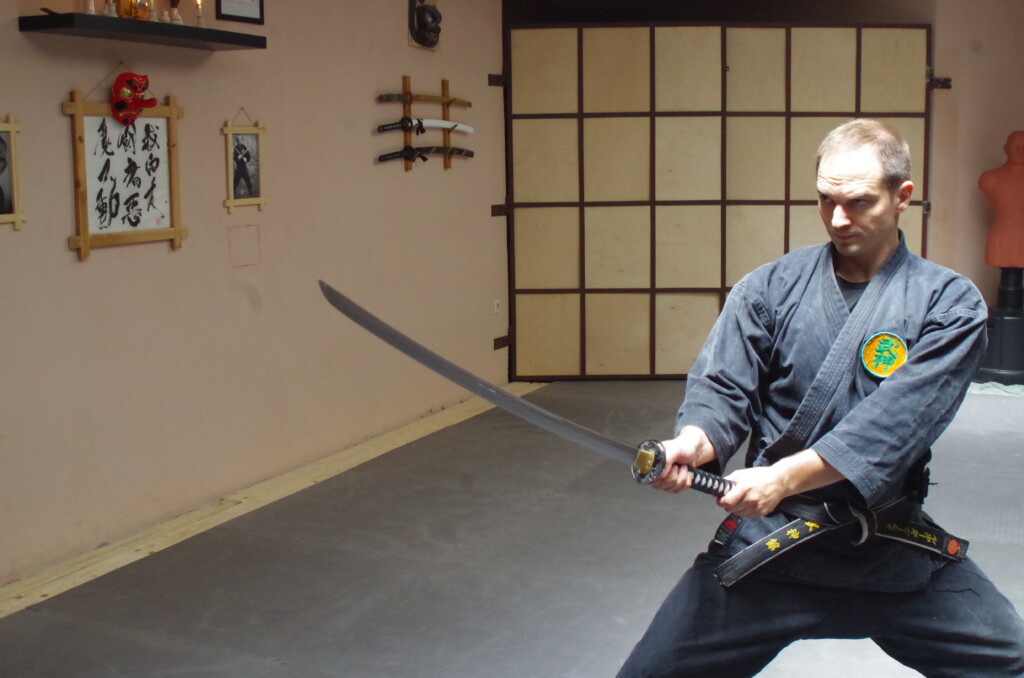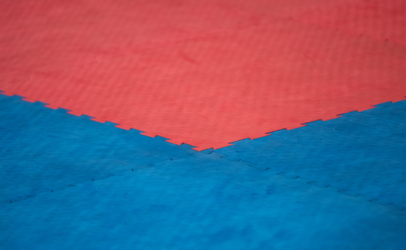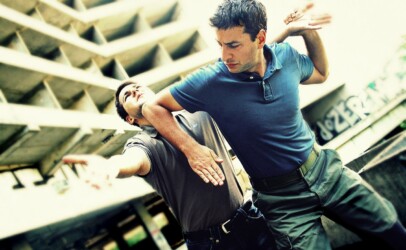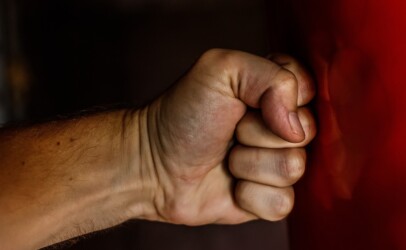Az emberek gyakran keverik össze a küzdősportokat a harcművészetekkel. Első pillantásra valóban nehéz megkülönböztetni a kettőt, hiszen mindkettő közös edzések, mozgás, küzdelemek és technikák sora. De ha kicsit jobban beleásod magad, hamar rájössz: ezek a világok nagyon is különbözőek!
Mit jelent a küzdősport?
A küzdősportok mögött egy erőteljes fizikai megközelítés áll, hiszen adrenalindús versenyek és szabályok által meghatározott keretek jellemzik. A felkészült sportolók a versenyközpontú gondolkodás keretében összemérik lenyűgöző képességeiket. Gondolj csak a bokszra, a judóra vagy az MMA-ra – mindegyik arra épít, hogy sportolók mérjék össze tudásukat, hasonló súlycsoportban. Egy MMA-mérkőzés vagy egy olimpiai judo-döntő során a hangsúly mindig a pontozáson, a szabályok betartásán és a győzelem megszerzésén van.
Küzdősportok lényege:
- Szabályok: gondosan meghatározzák, mit lehet és mit nem. Nincs rúgás a fejre, ha a szabály nem engedi, és biztosan nem találkozol késsel az ellenfeled kezében.
- Verseny: pontozás, győzelem vagy vereség. A cél, hogy te legyél a jobb, az éremért mész.
- Fizikai erő: a küzdősport az erőnléti és állóképességi edzések terepe. Ha nem vagy elég fitt, lemaradsz.
De mi történik, ha nincsenek szabályok? Mi történik, ha a harc nem a pontokért megy, hanem az életért?
Mi a harcművészet?
A harcművészetek túlmutatnak a ringek világán, a sporton vagy a versenyeken. A gyakorlatok sokkal inkább a valós élet kihívásaira készítenek fel, ahol nincsenek előre meghatározott szabályok, és gyakran a túlélés múlhat a gyors döntéseken, a mentális erőn és az önuralmon.
A ninjutsu gyakorlatai sem szorítkoznak előre meghatározott szabályokra, mint egy versenyen. Az edzéseken olyan szituációkra készülünk fel, amelyek valóban előfordulhatnak az utcán, az otthonunkban vagy a munkahelyen. Ez magában foglalja a támadások elkerülését, a veszélyhelyzetek felismerését és a konfliktusok minimális erőfeszítéssel való kezelését.
A harcművészetek gyakorlása során a fizikai teljesítmény fontos aspektus, de csak egy része a fejlődésnek. A mentális és spirituális fejlődés ugyanilyen fontos. Az edzések alatt az ember megtanul összpontosítani és önmagát túlszárnyalni. A valóságban előforduló helyzetek gyakran brutálisak és kiszámíthatatlanok. A harcművészetek arra tanítanak, hogy ezekben a helyzetekben is megőrizzük a hidegvérünket, képesek legyünk gyors döntéseket hozni, és ne hagyjuk, hogy a félelem lebénítson. Ez az önkontroll és higgadtság a mindennapi életben is nagy érték. Az edzések során szembesülünk saját határainkkal, gyengeségeinkkel, és lehetőséget kapunk arra, hogy folyamatosan fejlődjünk. Megtanuljuk, hogy a valódi erő nem az izmokban, hanem a kitartásban, az alázatban és a belső békében rejlik.

A harcművészetek lényege:
- Hagyományok: minden mozdulat mögött ott rejlik egy több száz éves történet, amelyet generációról generációra adtak tovább. A ninjutsu például a japán szamurájok és nindzsák tudását őrzi.
- Nincs verseny: nem az ellenfél legyőzése a cél, hanem a saját képességek fejlesztése. Így edzésen nincsenek győztesek és vesztesek.
- Mentális erő: a fizikai készségek mellett a harcművészetek a lelket és az elmét is edzik. Önfegyelem, nyugalom, gyors döntéshozatal – ezek mind alapkövei egy harcművész képzésének.
- Önvédelem és valósághű alkalmazás: az utcai önvédelem vagy stresszhelyzetek kezelése fontos része a tanulásnak. Hogyan védd meg magad, ha megtámadnak az utcán? Hogyan használd a környezetedet a túléléshez?
Miért válaszd a bujinkan ninjutsut?
A Seijin Dojo Budapest szívében, a Blaha Lujza tér közelében várja azokat, akik szeretnének megismerkedni a bujinkan ninjutsuval. Az edzések barátságos légkörben zajlanak, ahol mindenki a saját tempójában fejlődhet. Nem kell született harcosnak lenned – elég, ha kíváncsi vagy és nyitott egy olyan rendszer megismerésére, amely több, mint egyszerű fizikai gyakorlás. Itt nem számít, hogy kezdő vagy-e, vagy már évek óta gyakorolsz – a lényeg az, hogy tanulj és élvezd az utat.
Mi vár rád a Seijin Dojóban?
- Reális technikák: megtanulod, hogyan használd a testedet és az elmédet életszerű helyzetekben. Az edzéseken nemcsak a mozdulatokat gyakorolhatod, hanem azt is, hogyan alkalmazd őket különböző helyzetekben.
- Együttműködő közösség: barátokra lelhetsz, miközben fejlődsz.
- Egyéni fejlődés: a tempódnak megfelelően haladhatsz, és minden edzés során kicsit jobbá válhatsz.
- Tapasztalt oktatók: akik nemcsak a technikákat tanítják meg, hanem azt is, hogyan élj harmóniában.
Ha kíváncsi vagy, mit jelent valóban harcművésznek lenni, látogass el hozzánk és vegyél részt egy próbaedzésen. A Seijin Dojo kapui nyitva állnak előtted. Találkozzunk a tatamin – ott kezdődik az igazi utazás.





